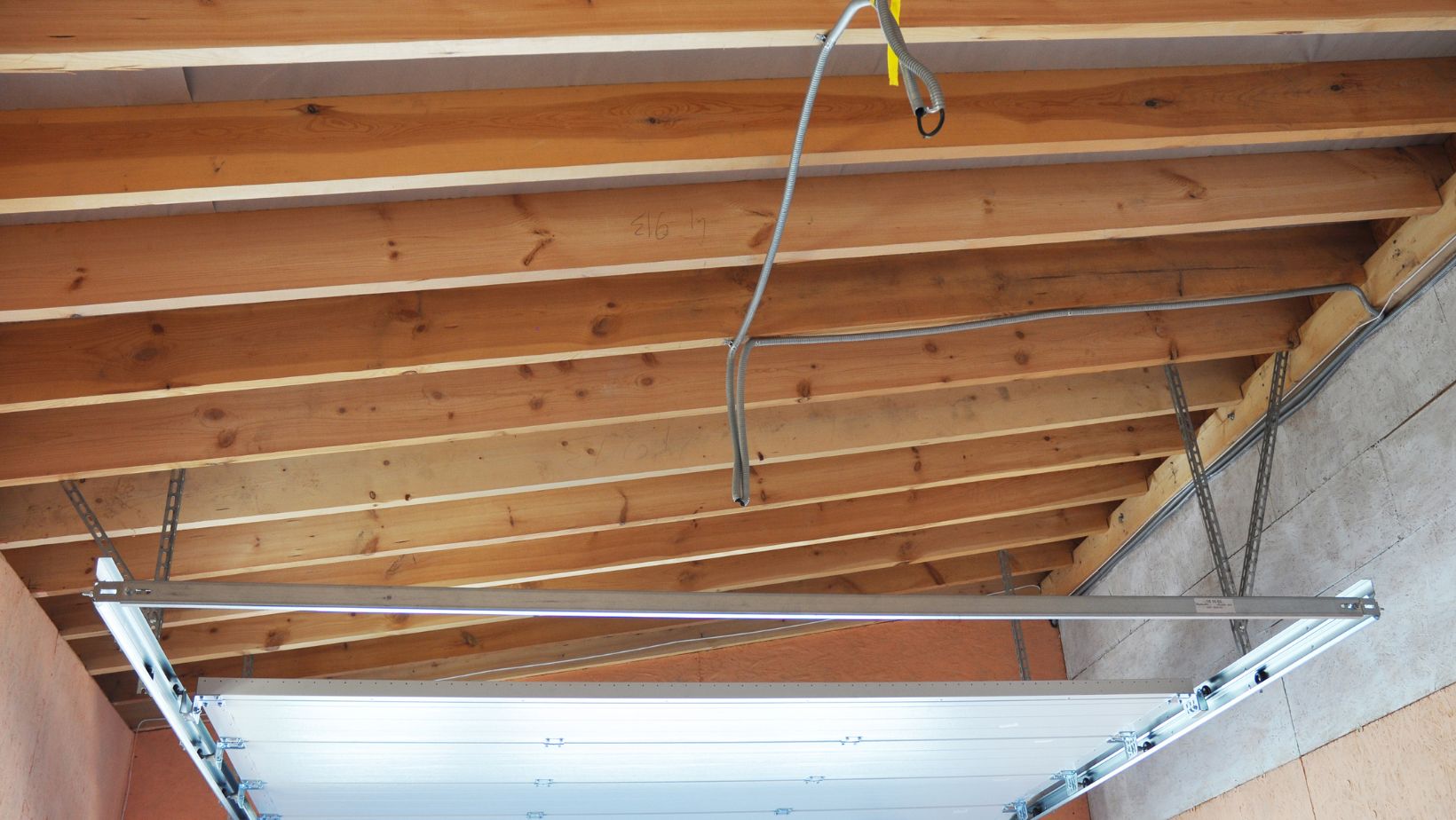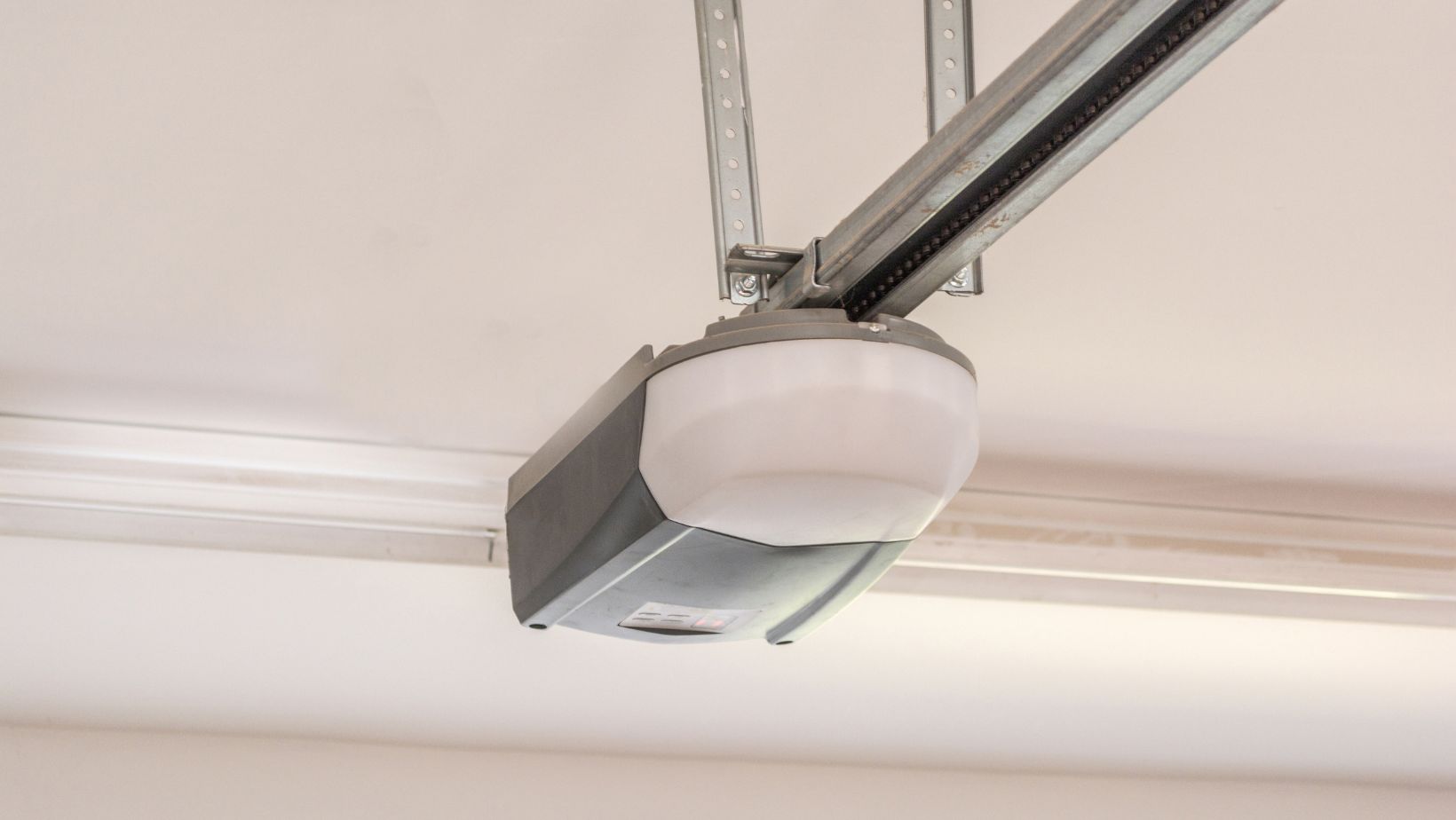Table of Contents
ToggleWire For Garage Door Sensor
Regarding garage door sensors, one crucial component that often goes unnoticed is the wire connecting them. The wire for a garage door sensor plays a vital role in transmitting signals and ensuring the proper functioning of the sensor system. It acts as the conduit through which information flows between the sensor and the main control panel of your garage door opener.
Choosing the right wire for your garage door sensor ensures reliable operation and avoids potential issues. The wire needs to be durable, capable of withstanding outdoor conditions, and able to handle the electrical load required by the sensor system. Additionally, it should be long enough to reach from your garage door opener’s control panel to each sensor location.
When installing or replacing the wire for your garage door sensor, following manufacturer guidelines and local building codes is important. Proper installation techniques will help prevent signal interference or malfunctions down the line.
By investing in high-quality wire specifically designed for this purpose, you can have peace of mind knowing that your garage door sensors are connected securely and efficiently.
Choosing the Right Wire for Garage Door Sensor
When selecting the appropriate wire for your garage door sensor, there are a few factors to consider that can ensure optimal performance and reliability. The wire you choose plays a crucial role in transmitting signals between the sensor and the control panel, so making an informed decision is essential.
Here are some key points to keep in mind:
- Wire Gauge: The gauge of the wire determines its thickness and capacity to carry electrical current. It’s recommended to use a 22- or 24-gauge wire for garage door sensors. These gauges strike a balance between durability and flexibility while providing sufficient conductivity.
- Wire Type: When selecting a wire for your garage door sensor, opt for stranded wires rather than solid ones. Stranded wires have multiple small strands twisted together, offering better flexibility than solid wires. This flexibility makes installation easier and reduces the risk of breakage or damage.
- Wire Length: Consider the distance between your garage door sensor and the control panel when determining the required length of wire. Measure accurately to ensure you have enough wire without excessive slack or unnecessary splicing.
- Wire Insulation: It’s crucial to choose wire with proper insulation that protects against environmental factors such as moisture or temperature fluctuations in your garage. Look for wires with durable PVC insulation or similar materials designed for outdoor or harsh conditions.

Understanding the Importance of Proper Wiring
Regarding garage door sensors, wiring is one crucial element that often goes overlooked. The quality and installation of the wire for the garage door sensor can have a significant impact on its overall performance and reliability. This section will explore why proper wiring is essential and highlight some key considerations.
- Reliable Signal Transmission: The wire connecting the garage door sensor plays a vital role in transmitting signals between the sensor and the control unit. It’s crucial to ensure that high-quality wires are used to maintain a stable connection. Faulty or subpar wiring can result in signal disruptions, leading to inaccurate readings or false alarms.
- Safety Precautions: Garage doors are heavy objects that can cause serious injuries or property damage if improperly handled. Properly wired sensors are designed to detect obstacles in their path and automatically halt the door’s movement, preventing accidents. Using inadequate or faulty wiring compromises this safety feature, putting people and belongings at risk.
- Longevity of Sensor Components: A well-executed wiring job ensures that all components of the garage door sensor are connected correctly and securely. Loose connections or exposed wires can lead to premature wear and tear on these sensitive parts, reducing their lifespan significantly.
- Compatibility with Existing Systems: Upgrading or installing new garage door sensors requires careful consideration of compatibility with existing systems.
Final Thoughts
Don’t overlook the importance of choosing a suitable wire for your garage door sensors. This often-underestimated component ensures smooth communication between sensors and your garage door opener’s control panel.
Selecting an appropriate wire will enhance safety and contribute to the optimal performance of your entire garage door system.





